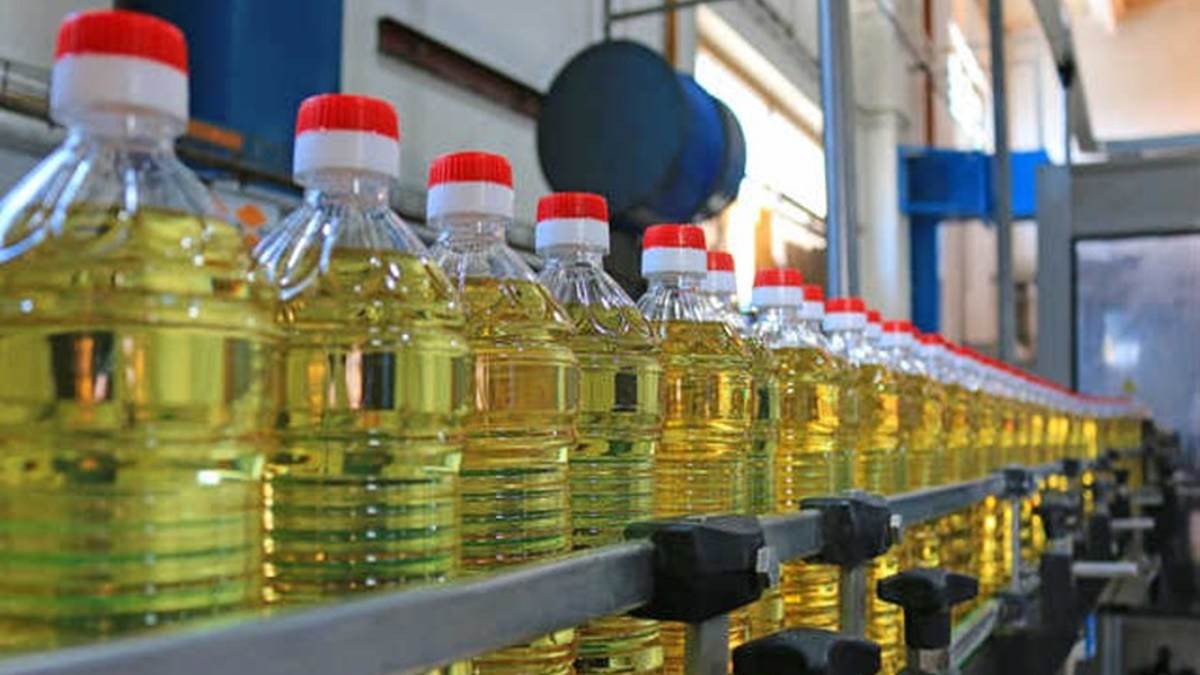Declining Indonesian palm oil exports may affect domestic supply, officials say

Indonesia’s palm oil product exports slipped in January and February, raising concerns less of the edible oil will be available domestically because of the tie between overseas sales quotas and internal quotas, official said on Monday.
Indonesia, the world’s biggest palm oil producer, shipped 1.89 million metric tons of palm oil products in January and 1.01 million tons in February, below the monthly average over the past year and year ago levels, Trade Ministry official Bambang Wisnubroto said.
Palm oil demand was hit by less competitive pricing compared to rivals such as soy and canola oils, Bambang said.
“Under this condition, importing countries would prefer other edible oils,” he said at a weekly government meeting on inflation broadcast online.
The weaker exports could impact poorer Indonesian consumers since it may lead to lower mandatory sales to the government’s cheap cooking oil programme, warned Bambang and a presidential official during the meeting.
Under Indonesia’s Domestic Market Obligation (DMO), companies are allotted export quotas based on how much they supply to the DMO, with export quotas set at four times DMO quotas.
The government targets monthly sales of 300,000 tons of palm oil under the DMO scheme.
Companies hold about 5.58 million tons of outstanding export quotas, equal to about 2-1/2 months of exports, Trade Ministry data showed. Lower exports may mean less palm oil supplied to the DMO since there is less need for export quotas.
Edy Priyono, an official with the Executive Office of the President, proposed changing the DMO allotment to a portion of production, instead of linking it to export quotas.
“A discussion shall be started on whether the DMO scheme that so far is linked to export should be kept as it is or whether it is possible to try link it to the production,” he said.
















